Home>Home Appliances>Heating & Cooling>What Is A Hydro Air Heating System
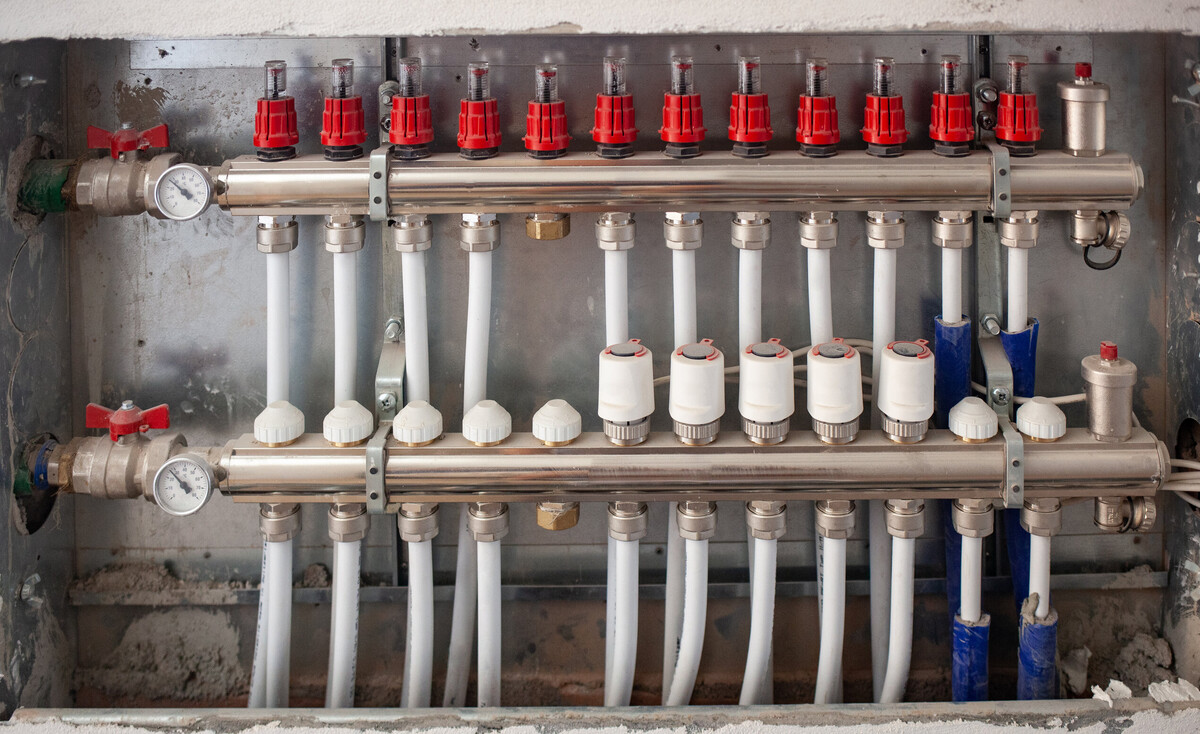

Heating & Cooling
What Is A Hydro Air Heating System
Modified: March 24, 2024
Learn about the benefits of a hydro air heating system for efficient heating and cooling. Find out how it works and if it's right for your home.
(Many of the links in this article redirect to a specific reviewed product. Your purchase of these products through affiliate links helps to generate commission for Storables.com, at no extra cost. Learn more)
Introduction
Hydro air heating systems are a popular choice for many homeowners seeking efficient and versatile heating solutions. These systems offer a unique combination of forced hot water and forced warm air, providing both heating and cooling capabilities in a single unit. By harnessing the power of water and air, hydro air systems deliver consistent and comfortable temperatures throughout the home, regardless of the season.
The versatility of hydro air heating systems makes them a compelling option for those seeking a comprehensive climate control solution. Whether it's the biting cold of winter or the sweltering heat of summer, these systems can adapt to meet the demands of any climate. This adaptability ensures that homeowners can enjoy a comfortable living environment year-round, without the need for separate heating and cooling systems.
In the following sections, we will delve deeper into the inner workings of hydro air heating systems, exploring their components, benefits, drawbacks, as well as the installation and maintenance considerations. By gaining a comprehensive understanding of these systems, homeowners can make informed decisions about their heating and cooling needs, ensuring optimal comfort and energy efficiency in their living spaces.
Key Takeaways:
- Hydro air heating systems provide both heating and cooling using water and forced warm air, ensuring year-round comfort and energy efficiency in homes.
- While hydro air systems offer versatile climate control, homeowners should consider installation complexity, space requirements, and maintenance needs for informed decisions.
How Does a Hydro Air Heating System Work?
A hydro air heating system operates by utilizing a combination of water and forced warm air to provide efficient heating and cooling throughout a home. The process begins with a boiler, which heats water to a predetermined temperature. This hot water is then circulated through a network of pipes to various terminal units, such as air handlers or fan coil units, strategically placed throughout the home.
When the heating function is activated, the hot water flows through the terminal units, where it transfers heat to the surrounding air. This heated air is then distributed through the ductwork and into the living spaces, raising the indoor temperature to the desired level. In contrast, during the cooling mode, the system can utilize the same terminal units to provide air conditioning by circulating chilled water through the coils, effectively cooling the air before it is distributed throughout the home.
The integration of a hydro air system with a central air conditioning unit allows for seamless transition between heating and cooling modes, providing year-round comfort. Additionally, the use of water as a heat transfer medium offers several advantages, including efficient heat distribution and the ability to incorporate renewable energy sources, such as solar thermal panels or geothermal heat pumps.
Furthermore, the flexibility of a hydro air system enables the integration of additional components, such as humidifiers, air purifiers, and zoning controls, allowing homeowners to customize their indoor environment according to their specific preferences and requirements. This adaptability makes hydro air systems a versatile and comprehensive solution for maintaining a comfortable and healthy living space.
In summary, a hydro air heating system operates by leveraging the combined power of water and forced warm air to provide efficient heating and cooling throughout a home. By harnessing the benefits of water as a heat transfer medium and integrating with various components, these systems offer a versatile and effective solution for maintaining optimal indoor comfort year-round.
Components of a Hydro Air Heating System
A hydro air heating system comprises several key components that work in harmony to deliver efficient and versatile climate control. Understanding these components is essential for homeowners considering the installation of a hydro air system. Let's explore the fundamental elements that make up a hydro air heating system:
-
Boiler: At the heart of the system is the boiler, which serves as the primary heat source. The boiler heats water to the desired temperature, which is then circulated through the system to provide warmth during the heating season. The ability to generate hot water efficiently is crucial for the overall performance of the system.
-
Air Handler or Fan Coil Unit: These units play a pivotal role in the hydro air system by facilitating the exchange of heat between the hot water and the surrounding air. When the system is in heating mode, the air handler or fan coil unit utilizes the hot water to warm the air, which is then distributed throughout the home via the ductwork. During the cooling season, these units can also be used to provide air conditioning by circulating chilled water through the coils, effectively cooling the air before distribution.
-
Ductwork: An essential component of the hydro air system, the ductwork serves as the pathway for distributing the conditioned air throughout the home. Properly designed and installed ductwork ensures efficient airflow and consistent temperature distribution, contributing to overall comfort and energy efficiency.
-
Thermostat and Controls: The thermostat acts as the command center for the hydro air system, allowing homeowners to set and regulate the desired temperature. Advanced controls and zoning capabilities enable precise temperature management in different areas of the home, providing personalized comfort and energy savings.
-
Piping and Valves: The network of piping and valves is responsible for transporting the hot water from the boiler to the terminal units, as well as regulating the flow and temperature of the water. Properly sized and insulated piping, along with efficient valves, are crucial for maintaining optimal system performance and minimizing heat loss.
-
Optional Components: Depending on specific needs and preferences, homeowners can incorporate additional components such as humidifiers, air purifiers, and heat recovery ventilators into the hydro air system. These optional components enhance indoor air quality and comfort, creating a healthier and more enjoyable living environment.
By understanding the essential components of a hydro air heating system, homeowners can make informed decisions regarding the installation and maintenance of these versatile climate control systems. Each component plays a critical role in ensuring efficient operation, consistent comfort, and energy savings, making hydro air systems a compelling choice for year-round climate control.
Benefits of a Hydro Air Heating System
A hydro air heating system offers a myriad of advantages that make it a compelling choice for homeowners seeking efficient and versatile climate control solutions. Here are the key benefits of opting for a hydro air system:
-
Year-Round Comfort: One of the primary benefits of a hydro air heating system is its ability to provide both heating and cooling functions in a single unit. This versatility ensures that homeowners can enjoy consistent comfort throughout the year, seamlessly transitioning between heating and cooling modes as the seasons change.
-
Energy Efficiency: Hydro air systems are known for their energy efficiency, offering significant cost savings on utility bills. The use of water as a heat transfer medium allows for efficient distribution of warmth during the heating season, while the integration of central air conditioning ensures effective cooling during the warmer months. Additionally, advanced controls and zoning capabilities enable precise temperature management, further enhancing energy savings.
-
Improved Indoor Air Quality: By incorporating optional components such as humidifiers and air purifiers, hydro air systems contribute to improved indoor air quality. These additional features help maintain optimal humidity levels and remove airborne contaminants, creating a healthier and more comfortable living environment for occupants.
-
Customizable Zoning: Hydro air systems allow for customizable zoning, enabling homeowners to regulate temperatures in different areas of the home independently. This level of control not only enhances comfort but also contributes to energy savings by avoiding unnecessary heating or cooling of unoccupied spaces.
-
Integration with Renewable Energy Sources: The design of hydro air systems allows for seamless integration with renewable energy sources, such as solar thermal panels or geothermal heat pumps. This eco-friendly approach not only reduces the environmental impact but also offers long-term sustainability and potential incentives for homeowners.
-
Quiet Operation: Compared to traditional forced-air systems, hydro air heating systems operate with reduced noise levels, providing a quieter and more peaceful indoor environment. This feature is particularly appealing for homeowners who value tranquility and minimal disruption.
-
Flexibility for Future Upgrades: The modular nature of hydro air systems allows for easy integration of future upgrades or modifications, such as the addition of advanced controls, smart thermostats, or enhanced filtration systems. This flexibility ensures that homeowners can adapt their systems to incorporate the latest technological advancements without significant overhaul.
In summary, the benefits of a hydro air heating system encompass year-round comfort, energy efficiency, improved indoor air quality, customizable zoning, integration with renewable energy sources, quiet operation, and flexibility for future upgrades. These advantages collectively make hydro air systems an attractive and comprehensive solution for homeowners seeking optimal comfort, cost savings, and environmental sustainability in their living spaces.
Drawbacks of a Hydro Air Heating System
While hydro air heating systems offer a range of benefits, it's important to consider the potential drawbacks associated with these systems. Understanding the limitations can help homeowners make informed decisions when evaluating heating and cooling options for their properties.
-
Installation Complexity: The installation of a hydro air system can be more complex compared to traditional heating and cooling systems. It requires careful planning and coordination between the plumbing, HVAC, and electrical components, which may result in higher installation costs and longer project timelines.
-
Space Requirements: Hydro air systems typically require dedicated space for the installation of air handlers or fan coil units, as well as the necessary ductwork. This can be a challenge in homes with limited available space, potentially impacting the overall layout and design of the property.
-
Initial Investment: The initial cost of purchasing and installing a hydro air system may be higher than that of conventional heating and cooling systems. While the long-term energy savings and versatility of the system can offset this initial investment, it's essential for homeowners to consider the upfront costs.
-
Maintenance Needs: Hydro air systems require regular maintenance to ensure optimal performance. This includes tasks such as cleaning and servicing the air handlers, inspecting the ductwork, and maintaining the boiler. Homeowners should factor in ongoing maintenance requirements when considering the long-term costs of operating a hydro air system.
-
Potential for Water Leaks: Since hydro air systems utilize water as a heat transfer medium, there is a risk of water leaks if the system components are not properly maintained or if there are issues with the piping or valves. Vigilant monitoring and proactive maintenance are essential to mitigate the risk of water-related issues.
-
Noise Levels: While hydro air systems are generally quieter than traditional forced-air systems, the operation of air handlers or fan coil units can still produce noticeable noise. This may be a consideration for homeowners who prioritize a whisper-quiet indoor environment.
-
Dependence on Electricity: Hydro air systems rely on electricity to power components such as the air handlers, pumps, and controls. In the event of a power outage, the system may be unable to provide heating or cooling, highlighting the dependence on uninterrupted electrical supply.
By acknowledging these potential drawbacks, homeowners can make well-informed decisions when evaluating the suitability of a hydro air heating system for their properties. While the drawbacks are important considerations, they should be weighed against the system's benefits to determine the overall fit for specific heating and cooling needs.
A hydro air heating system uses hot water to heat the air in your home, providing a more efficient and comfortable heating solution. It can also be integrated with a central air conditioning system for year-round comfort.
Installation and Maintenance of a Hydro Air Heating System
The installation and maintenance of a hydro air heating system are critical aspects that significantly impact its performance, longevity, and overall cost-effectiveness. Proper installation and regular maintenance are essential to ensure optimal operation and energy efficiency, as well as to mitigate potential issues that may arise over time.
Installation
The installation of a hydro air heating system requires careful planning, precise execution, and coordination among various trades, including plumbing, HVAC, and electrical professionals. The process typically begins with a thorough assessment of the property to determine the most suitable placement for the boiler, air handlers or fan coil units, ductwork, and associated components. Proper sizing and layout of the system are crucial to ensure efficient heat distribution and airflow throughout the home.
During installation, attention to detail is paramount, particularly when connecting the boiler to the terminal units and integrating the system with the existing ductwork. The selection of high-quality materials, such as insulated piping and efficient valves, is essential to minimize heat loss and ensure the integrity of the system. Additionally, the installation of advanced controls and zoning capabilities allows for personalized temperature management and energy savings.
Given the complexity of the installation process, homeowners are advised to engage experienced HVAC professionals with expertise in hydro air systems. Professional installation not only ensures compliance with industry standards and building codes but also minimizes the risk of potential issues that may arise from improper installation practices.
Maintenance
Regular maintenance is vital to preserve the efficiency and reliability of a hydro air heating system. Maintenance tasks typically include cleaning and servicing the air handlers or fan coil units, inspecting and sealing the ductwork, and conducting routine checks on the boiler and associated components. It is recommended to adhere to a maintenance schedule provided by the system manufacturer or a qualified HVAC technician.
The boiler requires particular attention, including inspection of the combustion chamber, burner, and heat exchanger, as well as testing and adjusting the system's efficiency. Additionally, monitoring the condition of the piping, valves, and pumps is essential to detect and address potential leaks or inefficiencies promptly.
Furthermore, regular filter replacement, lubrication of moving parts, and calibration of thermostats and controls contribute to the overall performance and longevity of the system. Homeowners should also consider professional maintenance services to ensure comprehensive system checks and adjustments, particularly before the start of the heating and cooling seasons.
By prioritizing proper installation and proactive maintenance, homeowners can maximize the benefits of their hydro air heating systems, including energy efficiency, consistent comfort, and long-term reliability. Investing in professional installation and regular maintenance not only safeguards the system's performance but also contributes to cost savings and a comfortable living environment for years to come.
Conclusion
In conclusion, hydro air heating systems offer a compelling blend of versatility, energy efficiency, and year-round comfort, making them a desirable choice for homeowners seeking comprehensive climate control solutions. By harnessing the combined power of water and forced warm air, these systems provide efficient heating and cooling capabilities in a single unit, adapting seamlessly to the changing seasons.
The integration of a hydro air system with central air conditioning ensures consistent comfort throughout the year, while advanced controls and zoning capabilities allow for personalized temperature management and energy savings. Additionally, the ability to incorporate optional components such as humidifiers and air purifiers contributes to improved indoor air quality, creating a healthier and more enjoyable living environment for occupants.
While hydro air systems offer a range of benefits, it's important for homeowners to consider the potential drawbacks, such as installation complexity, space requirements, and maintenance needs. By weighing these factors against the system's advantages, individuals can make informed decisions regarding the suitability of hydro air heating systems for their properties.
Proper installation and regular maintenance are essential for optimizing the performance and longevity of hydro air systems. Engaging experienced HVAC professionals for installation and adhering to a comprehensive maintenance schedule are crucial steps in ensuring the system's efficiency and reliability.
Ultimately, the versatility, energy efficiency, and customizable features of hydro air heating systems position them as a compelling and comprehensive solution for maintaining optimal indoor comfort, cost savings, and environmental sustainability. By understanding the inner workings, components, benefits, drawbacks, and installation and maintenance considerations of hydro air systems, homeowners can make informed choices to create comfortable and efficient living spaces for years to come.
Frequently Asked Questions about What Is A Hydro Air Heating System
Was this page helpful?
At Storables.com, we guarantee accurate and reliable information. Our content, validated by Expert Board Contributors, is crafted following stringent Editorial Policies. We're committed to providing you with well-researched, expert-backed insights for all your informational needs.
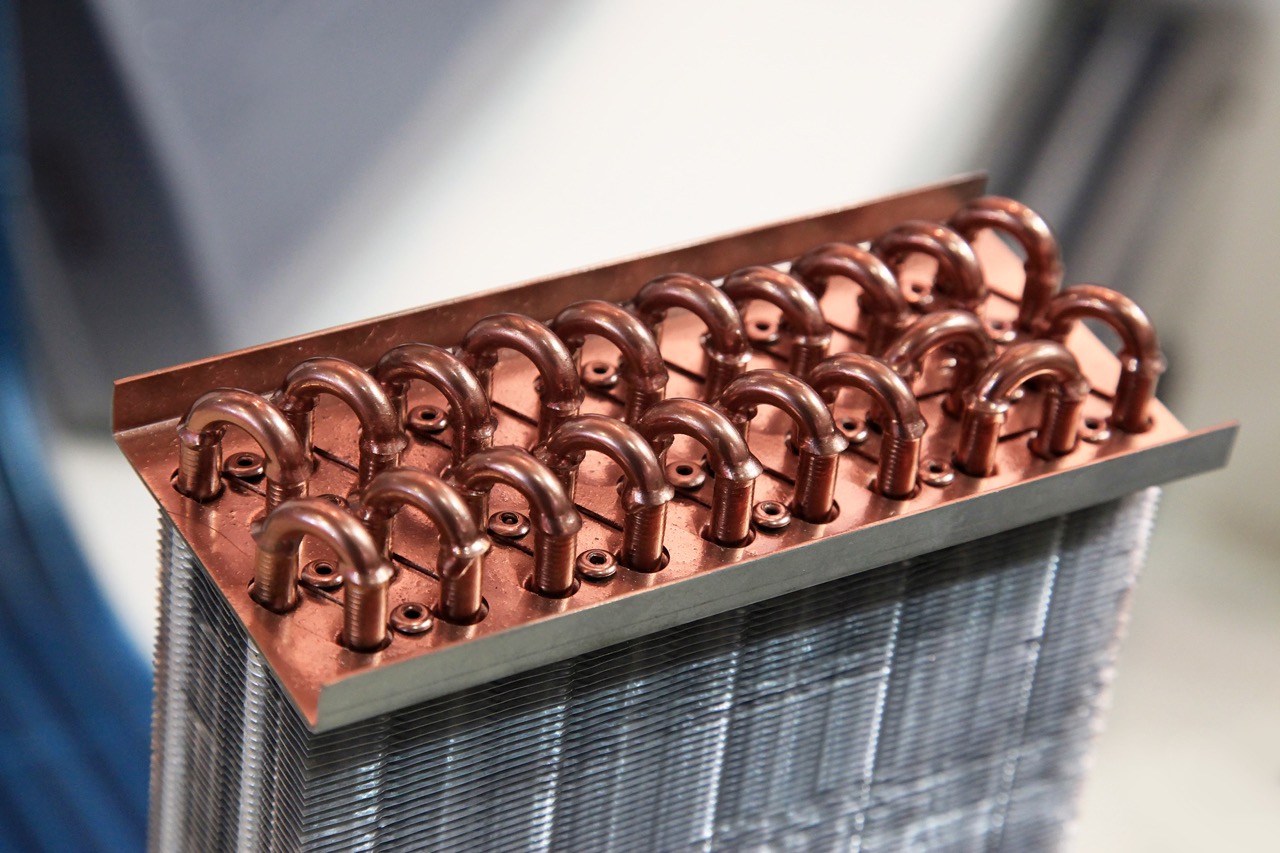
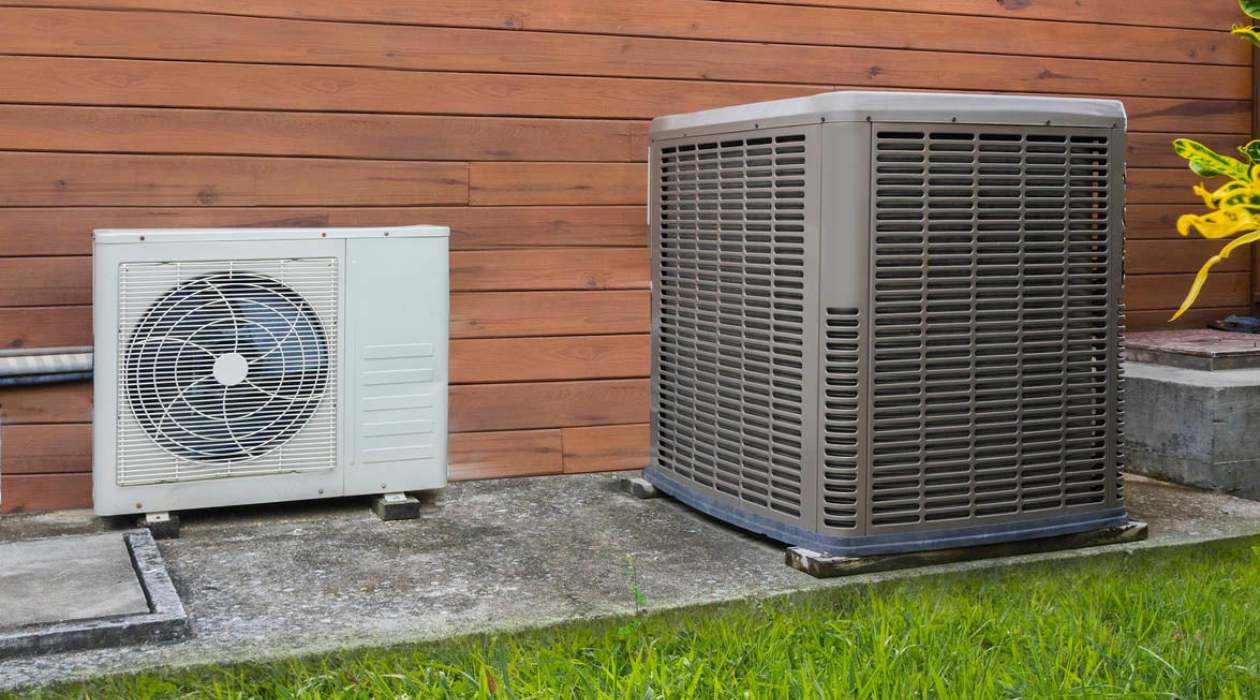
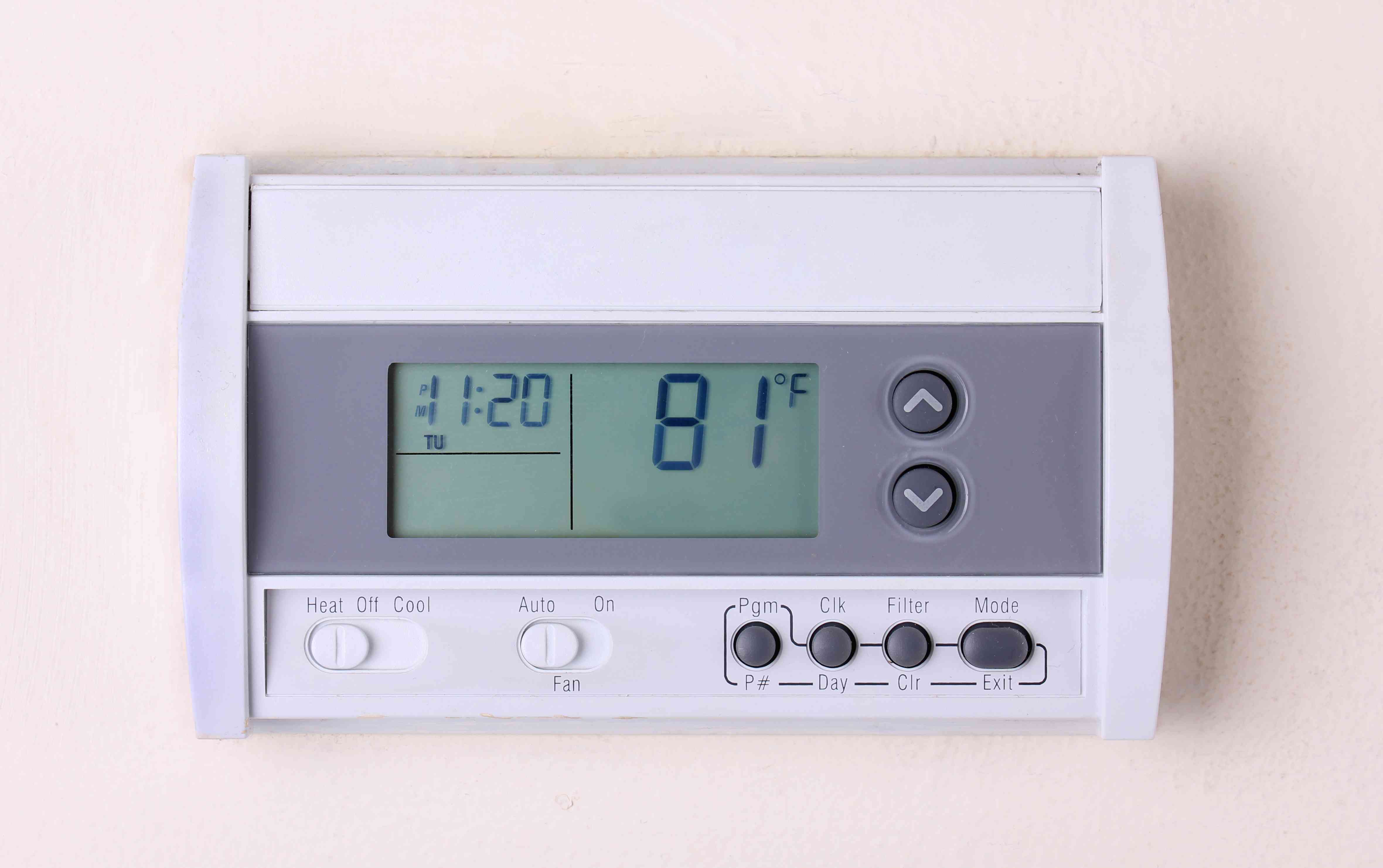
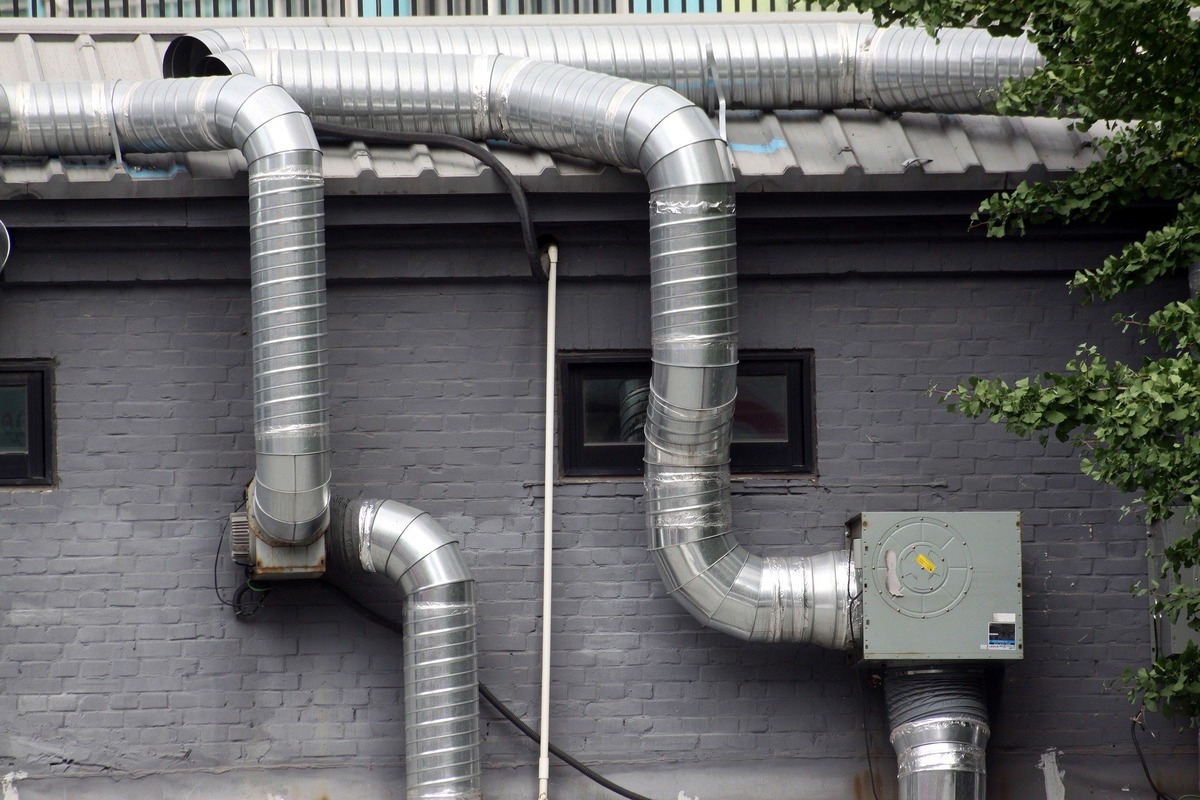
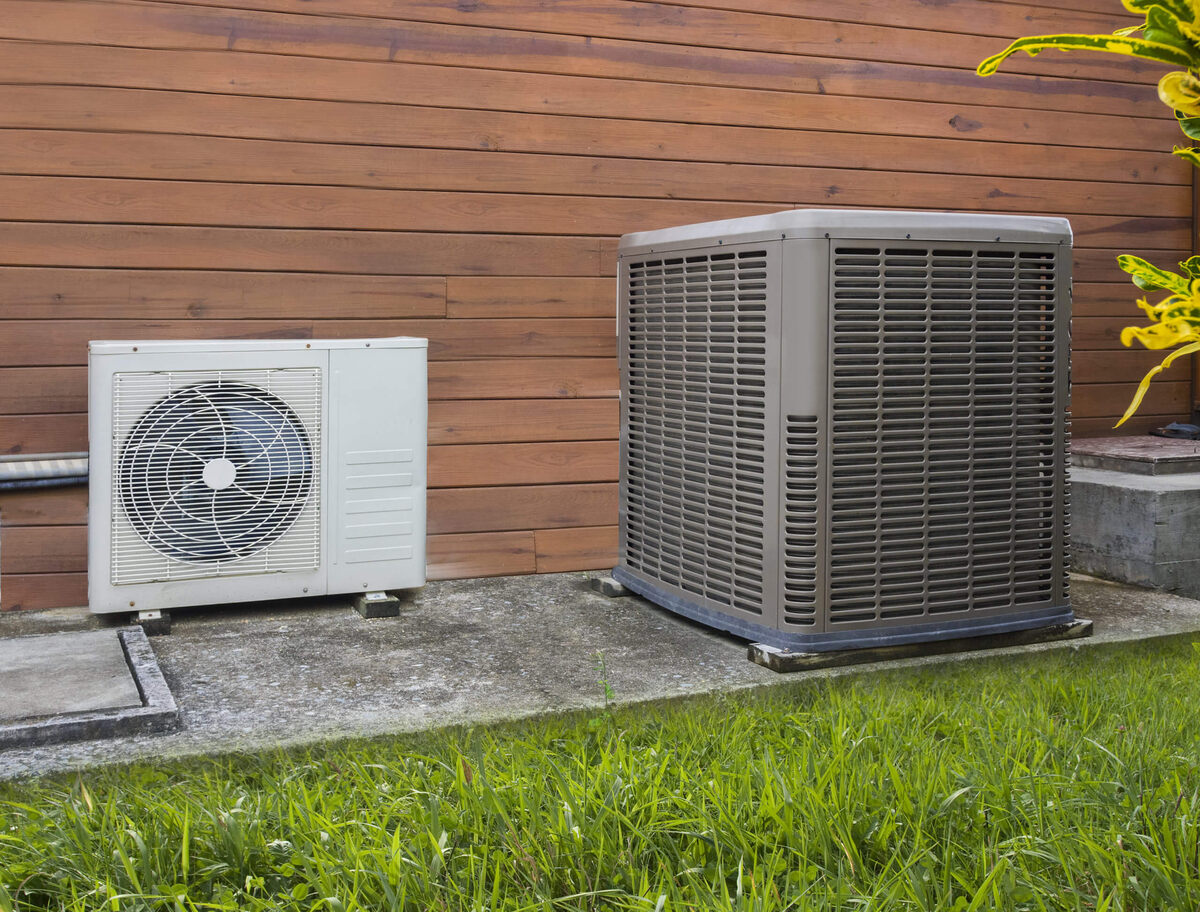
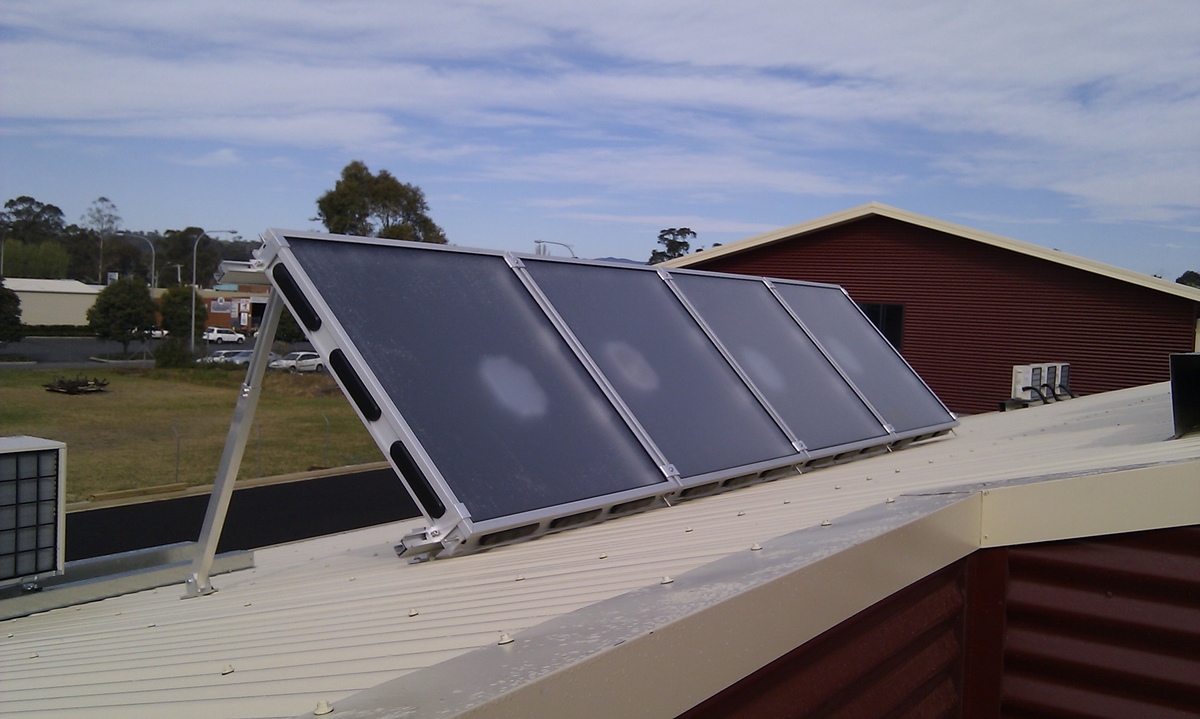
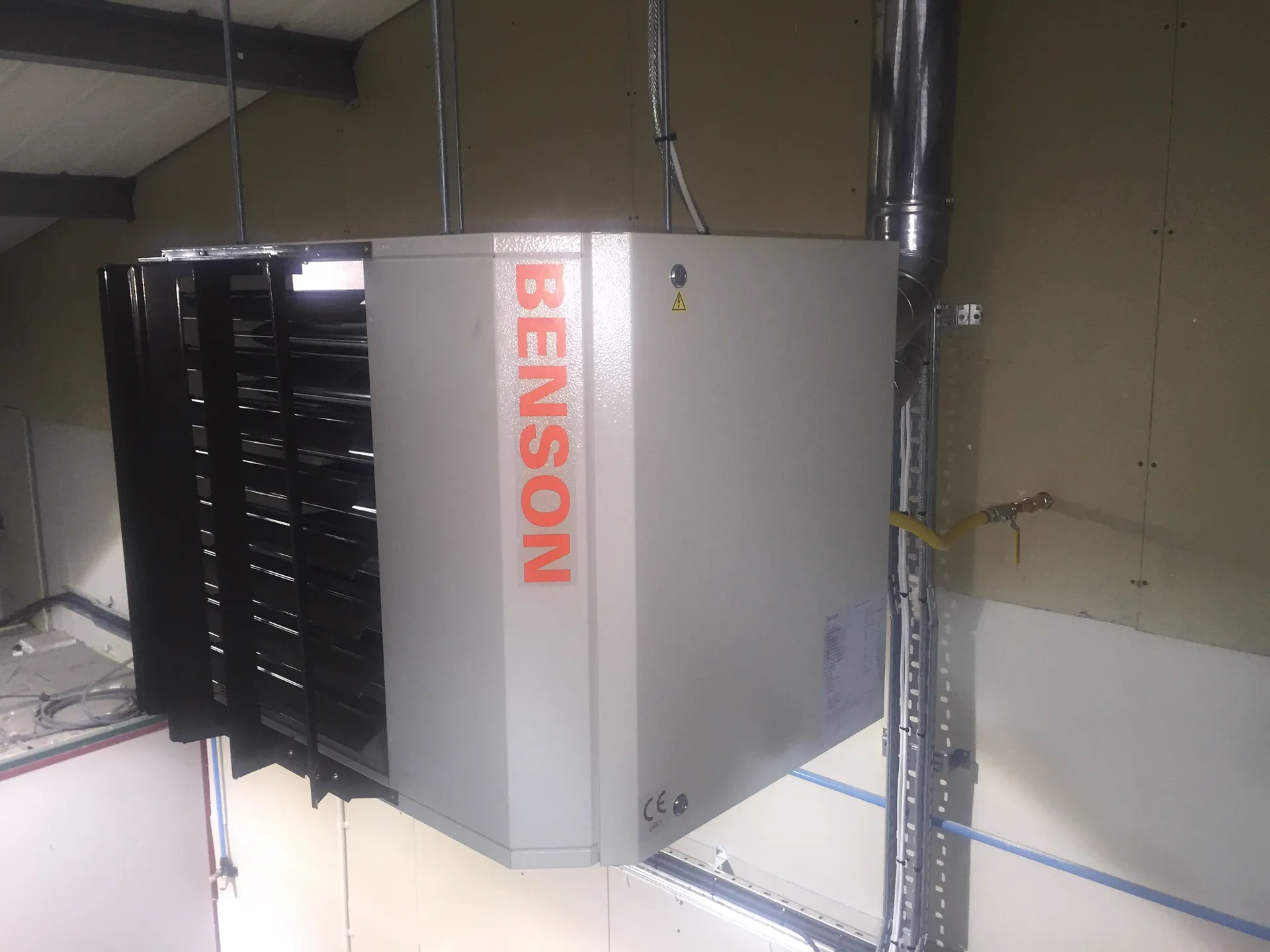
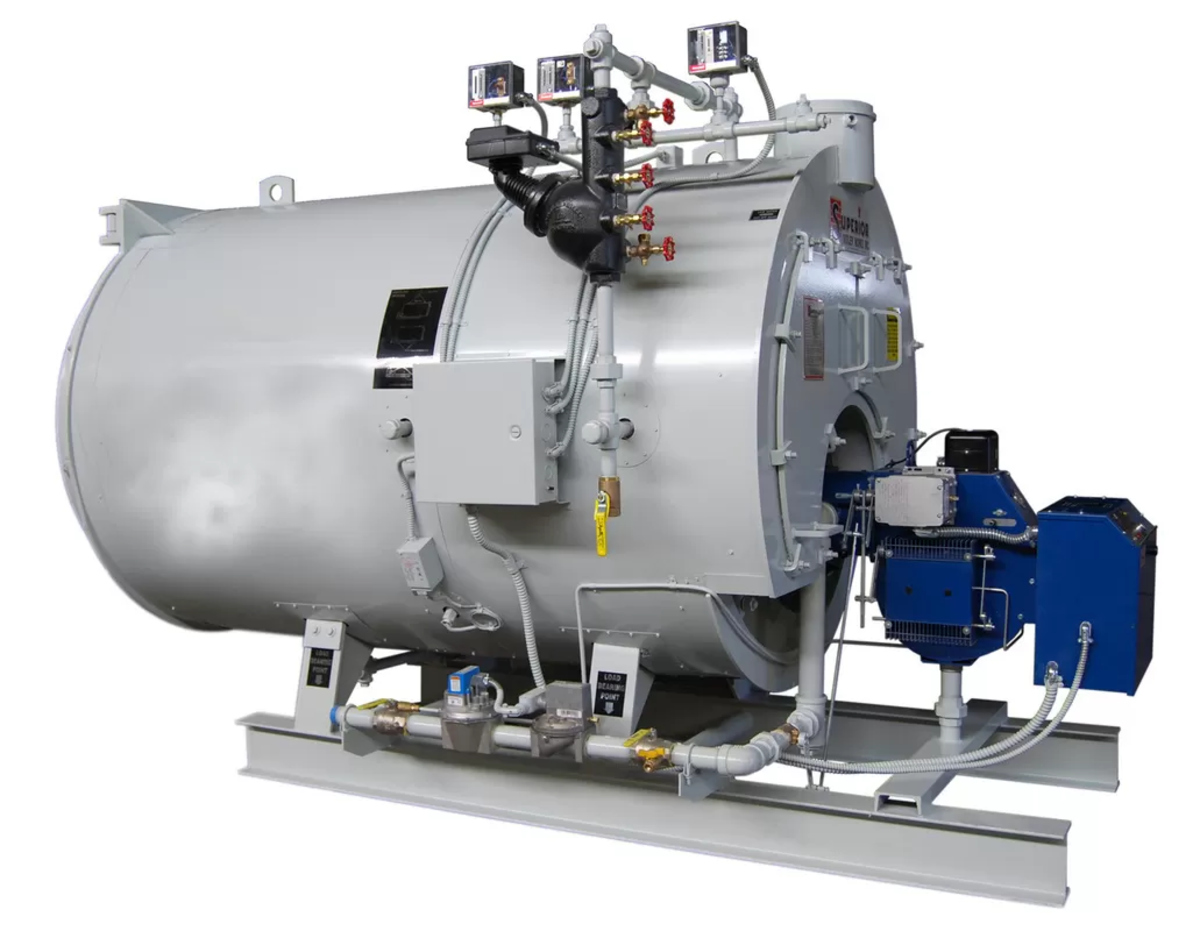
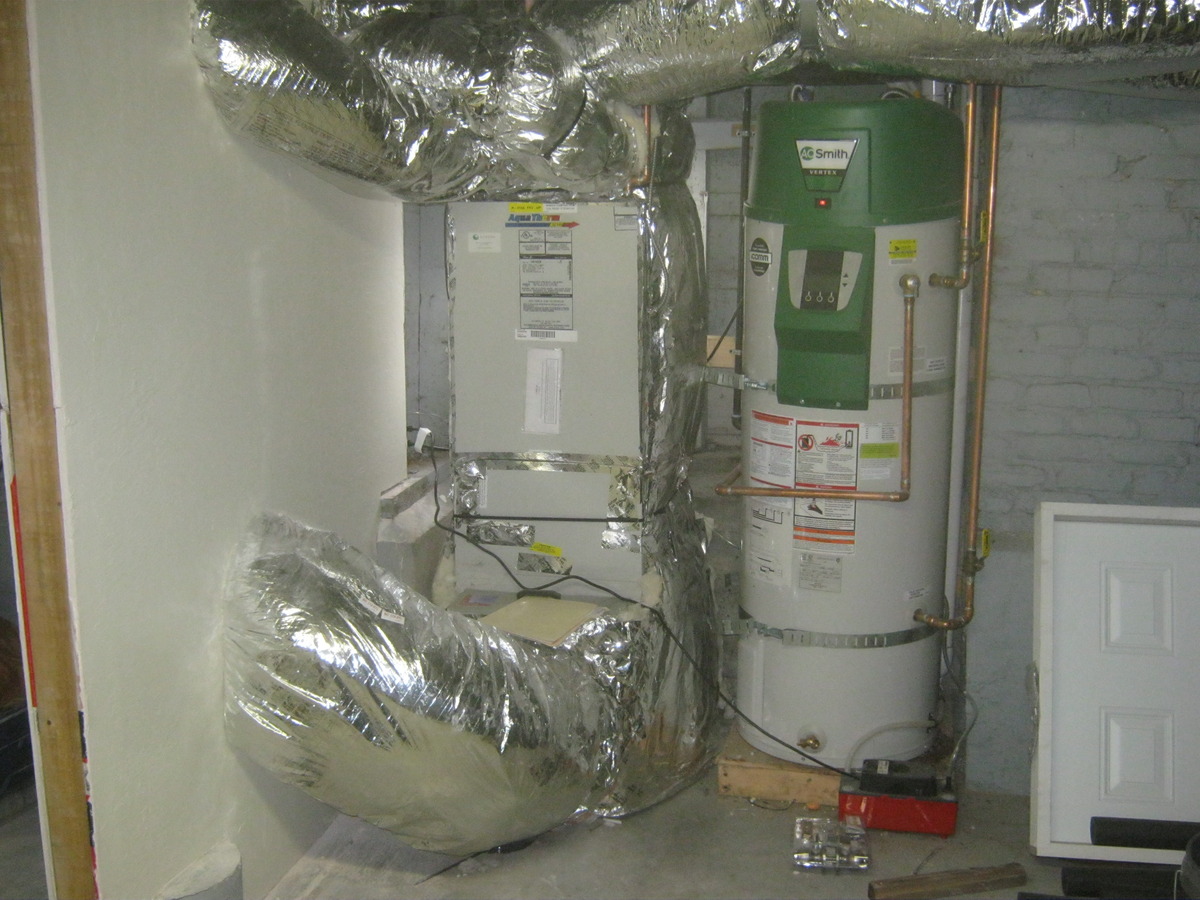
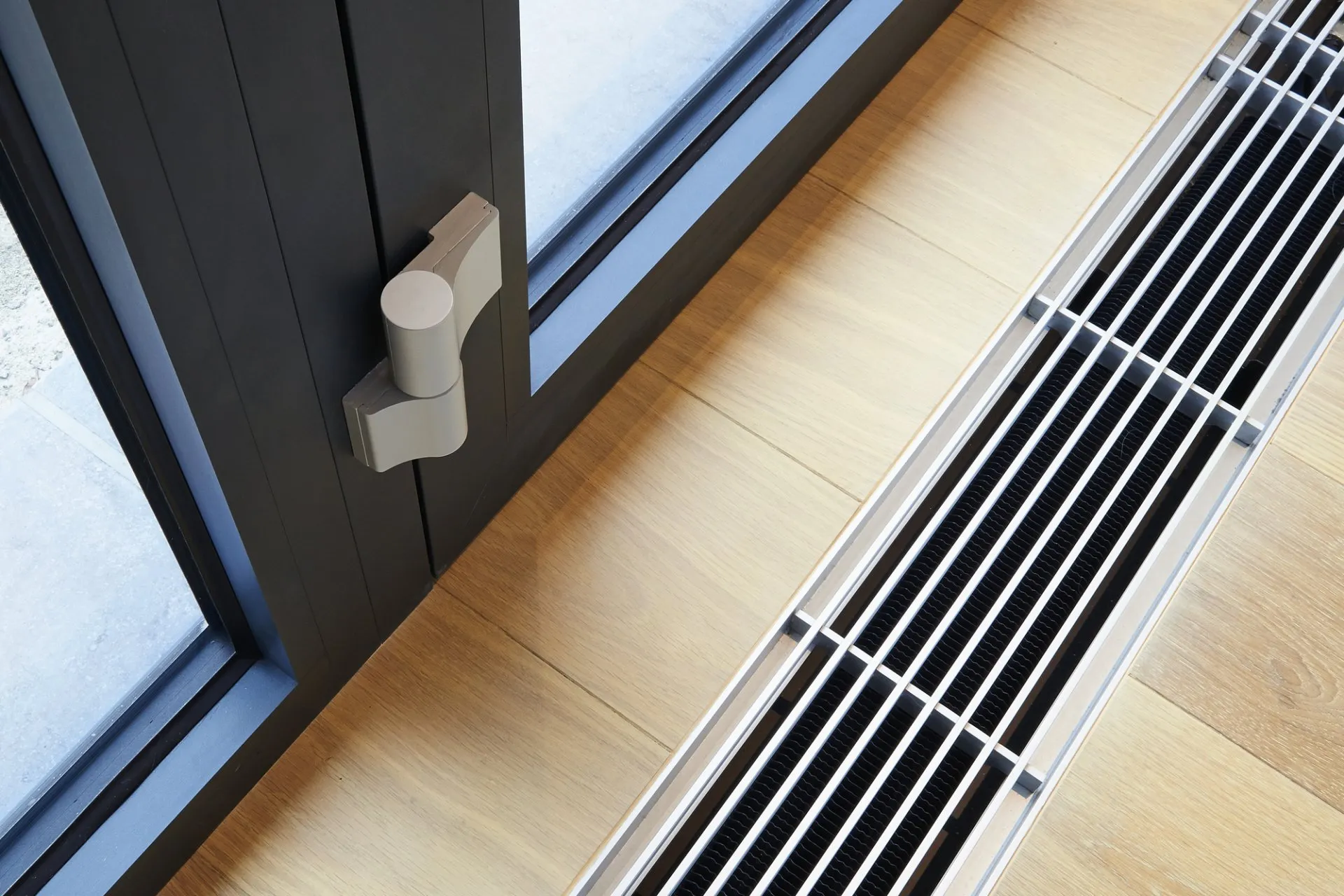
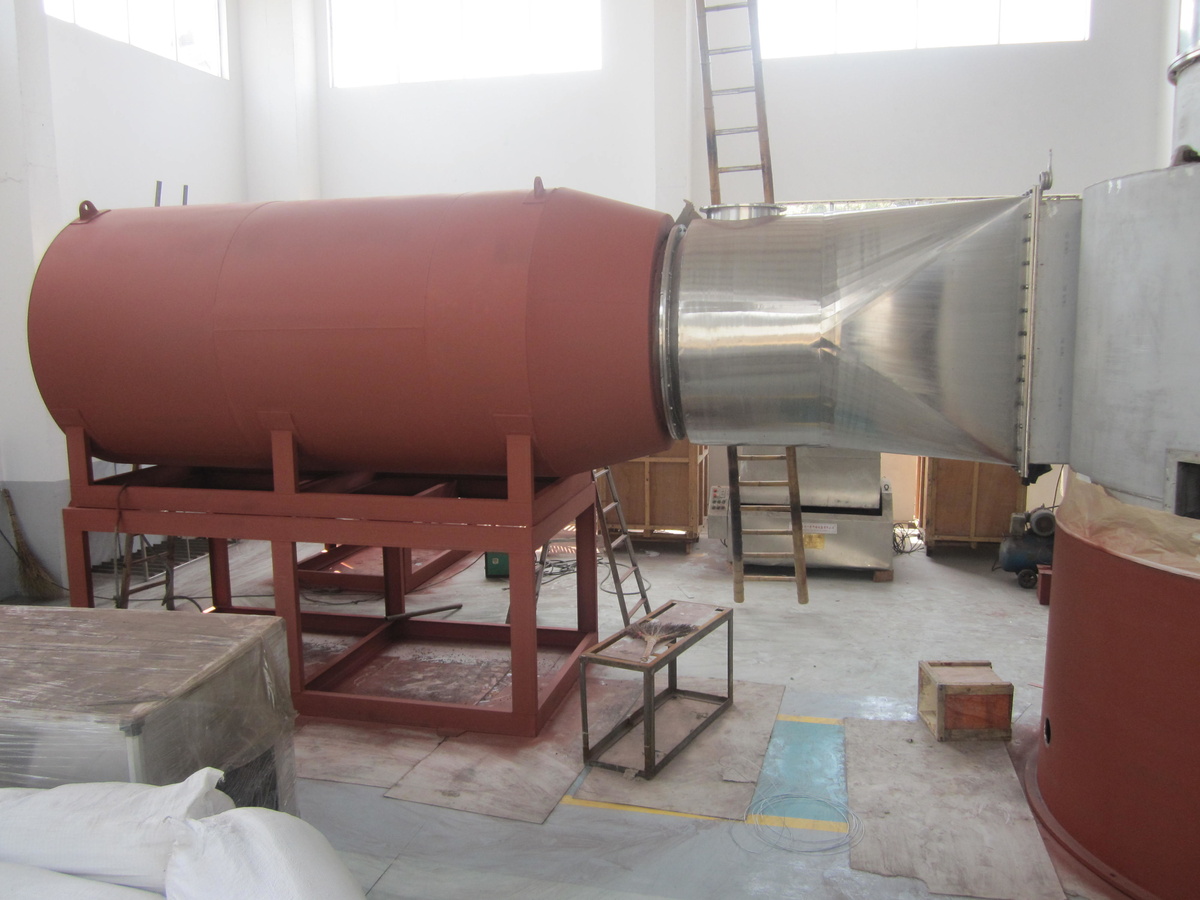
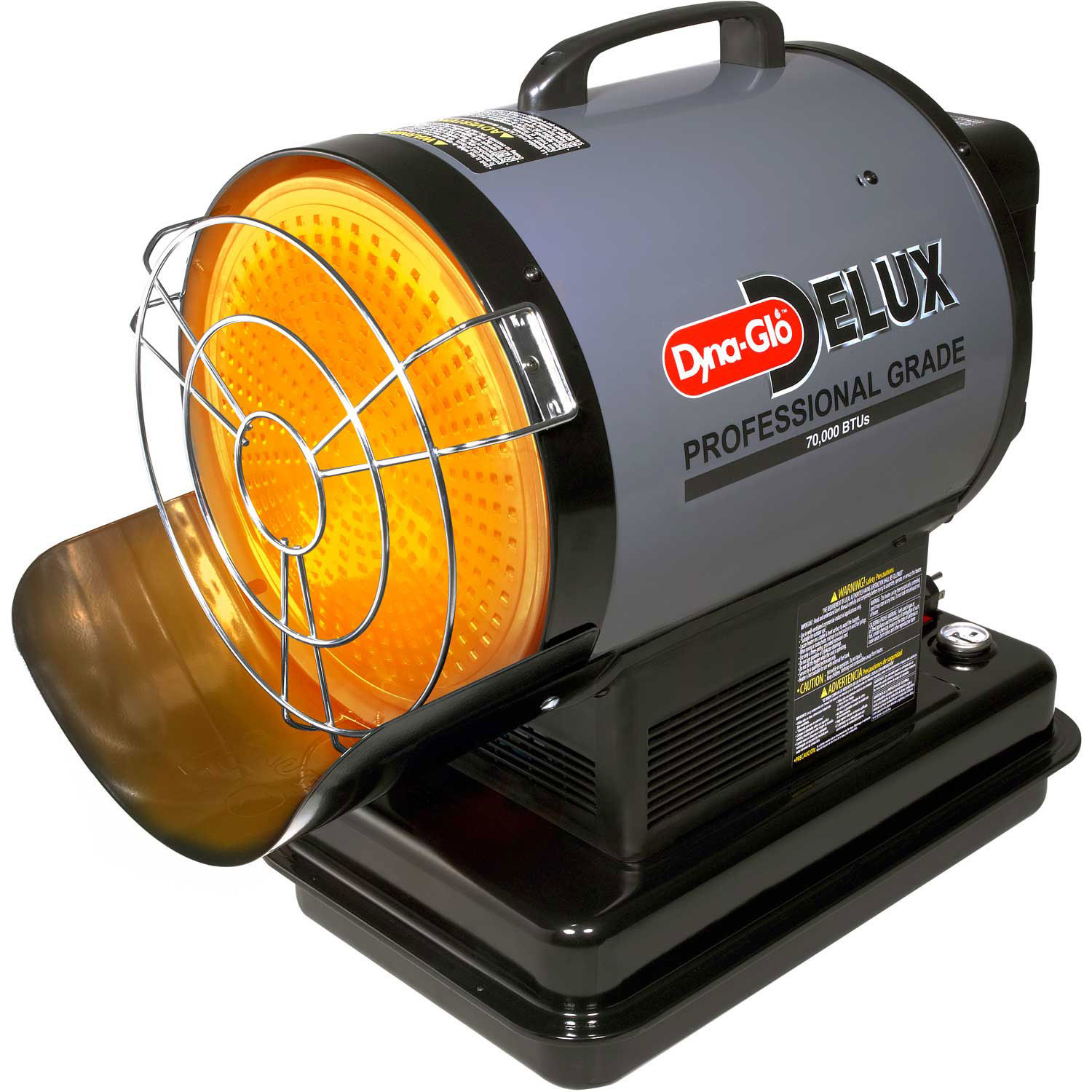
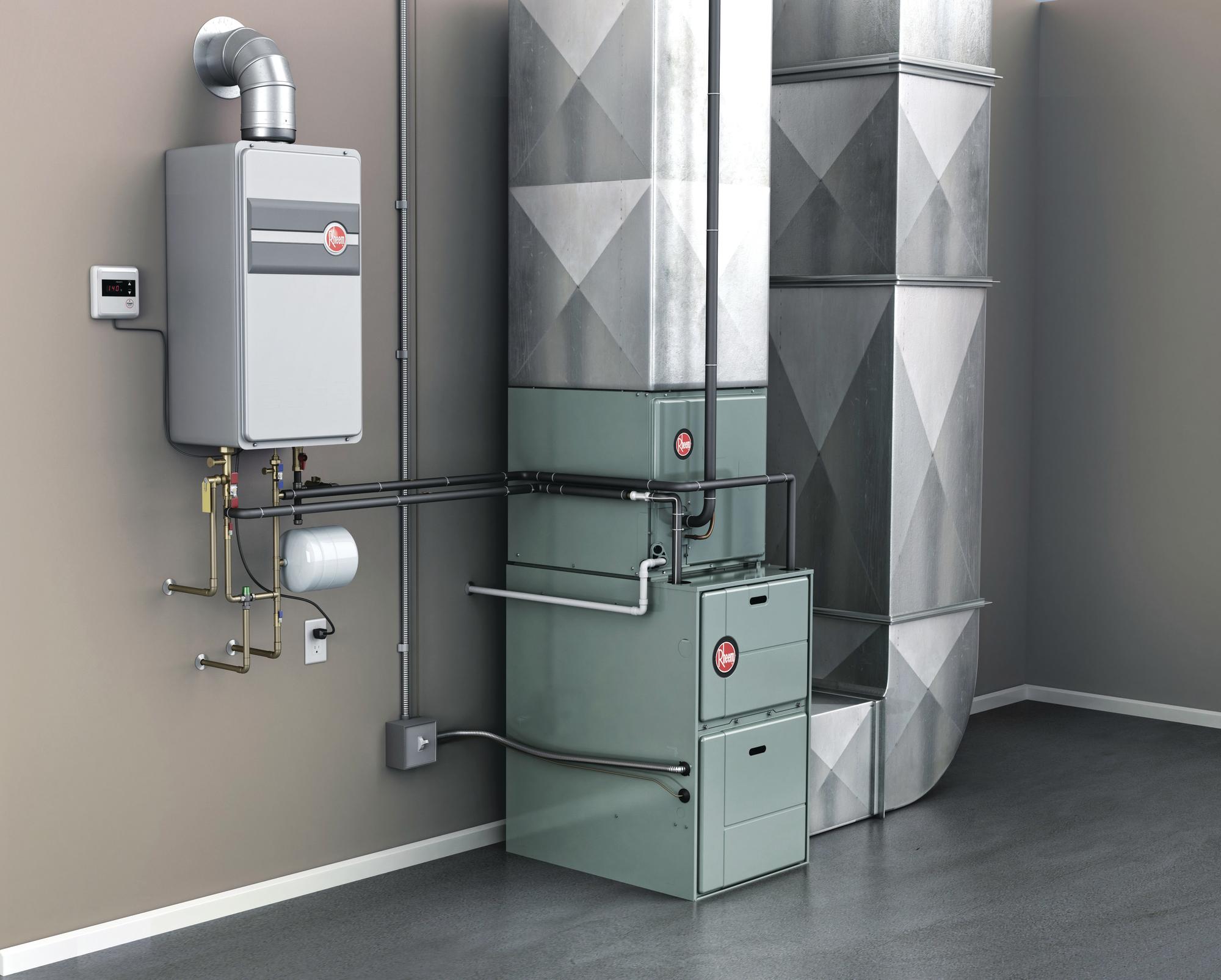
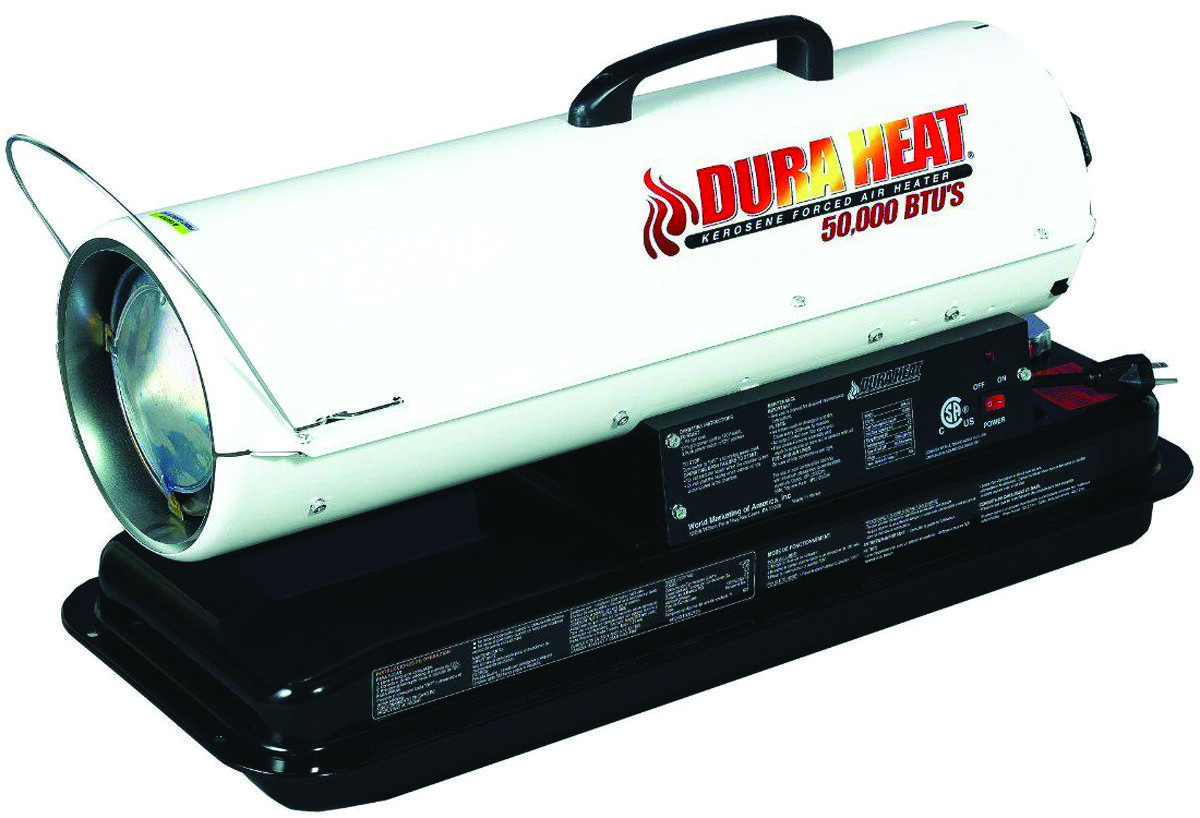

0 thoughts on “What Is A Hydro Air Heating System”